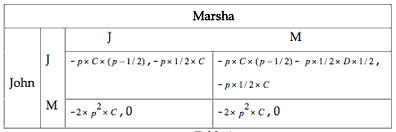Greetings, Fellow Sagittarians
If you have a distorted brain like mine, you've probably wondered about the angle on which the Milky Way cuts across the sky. It's just all wrong. The Moon orbits the Earth around the equator. Both north poles point roughly in the same direction. In like manner, the Earth orbits the Sun around its equator and, again, both north poles point in roughly the same direction. But neither the Sun nor the Earth are in-line with plane of the Milky Way.
The Moon orbits the Earth around the equator. Both north poles point roughly in the same direction. In like manner, the Earth orbits the Sun around its equator and, again, both north poles point in roughly the same direction. But neither the Sun nor the Earth are in-line with plane of the Milky Way.
And the question is, why?
The answer is quite astounding...
Over the past couple of billion years, the Milky Way has been devouring a near-by dwarf galaxy we have come to call Sagittarius. The process of colliding galaxies is quite complex and, if you have Ubuntu, quite spectacular (as Ubuntu includes a screen saver that shows you the interactions of colliding stars graphically).
We've always thought of our sun as forming on the spiral arm of the Milky Way. But the reality is, our sun formed from the fragmented ruins of the Sagittarian dwarf as it collided with Milky Way. Rather than being a part of a spiral arm, we're thundering through a spiral arm of the Milky Way. Our Solar System is punching a hole in the spiral arm, passing through it like a bullet (which is not a bad analogy given the phenomenal speed our Sun is moving at). 
And the evidence, the proof, has been staring us in the face each night as we've gazed up at the Milky Way. Rather than being on the same plane as our host galaxy, we're passing through at roughly 60 degrees. 
Surprised? Find this incredulous? Unbelievable? Remember, all truths start out as heresies...
Curious? You can read more about this from these links...
ABC Science
The Solar System's direction of travel
We Are Not From Here














